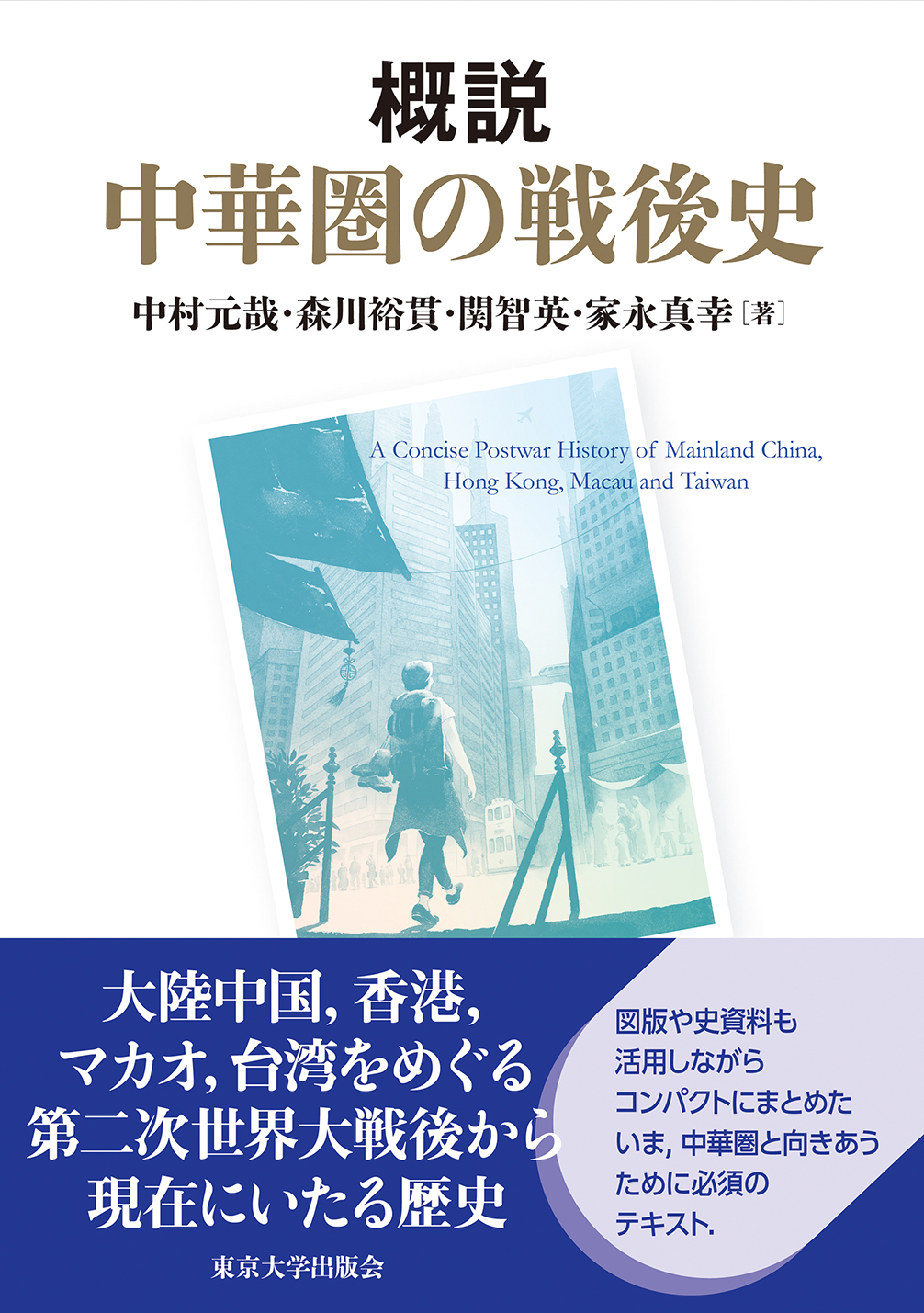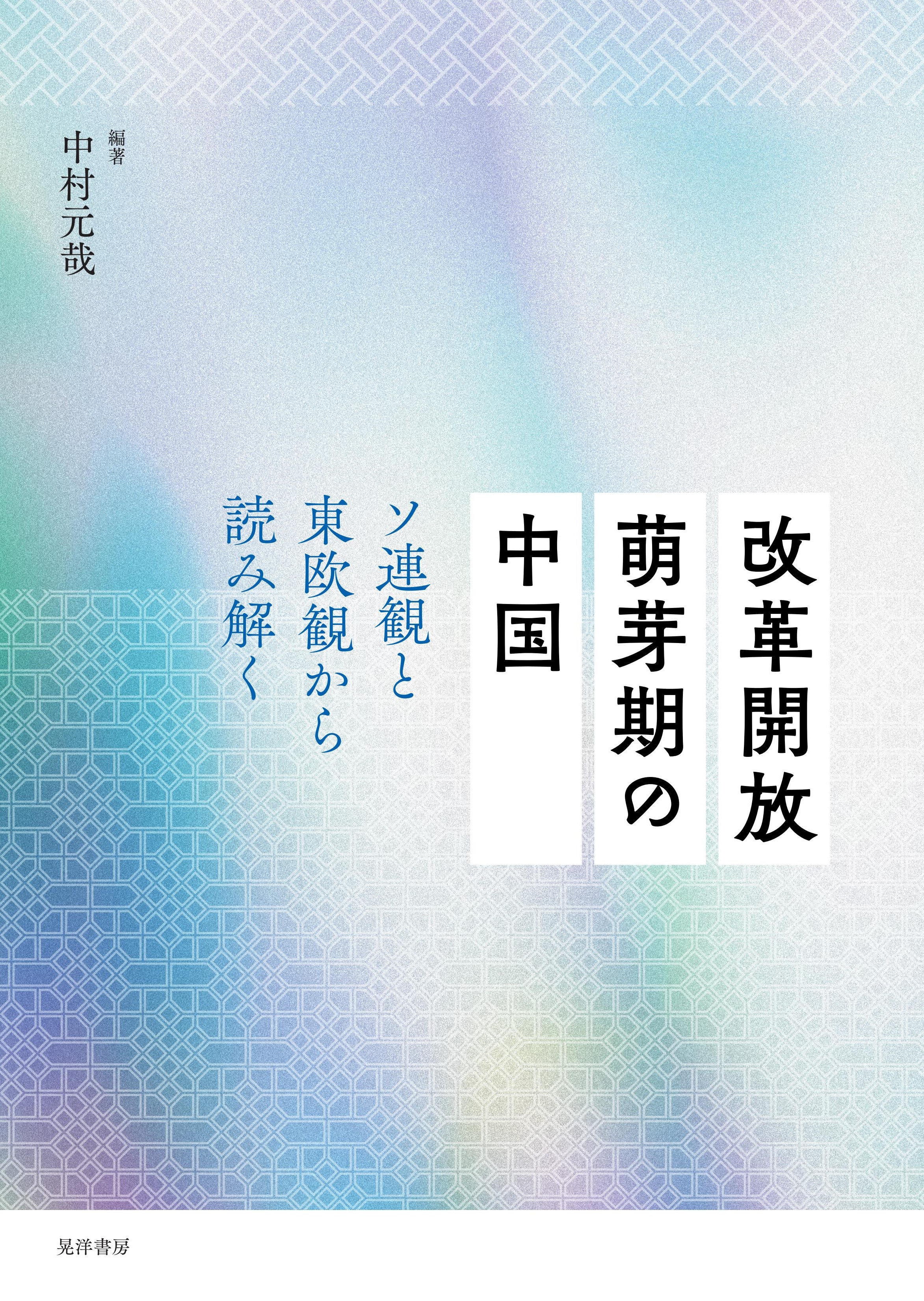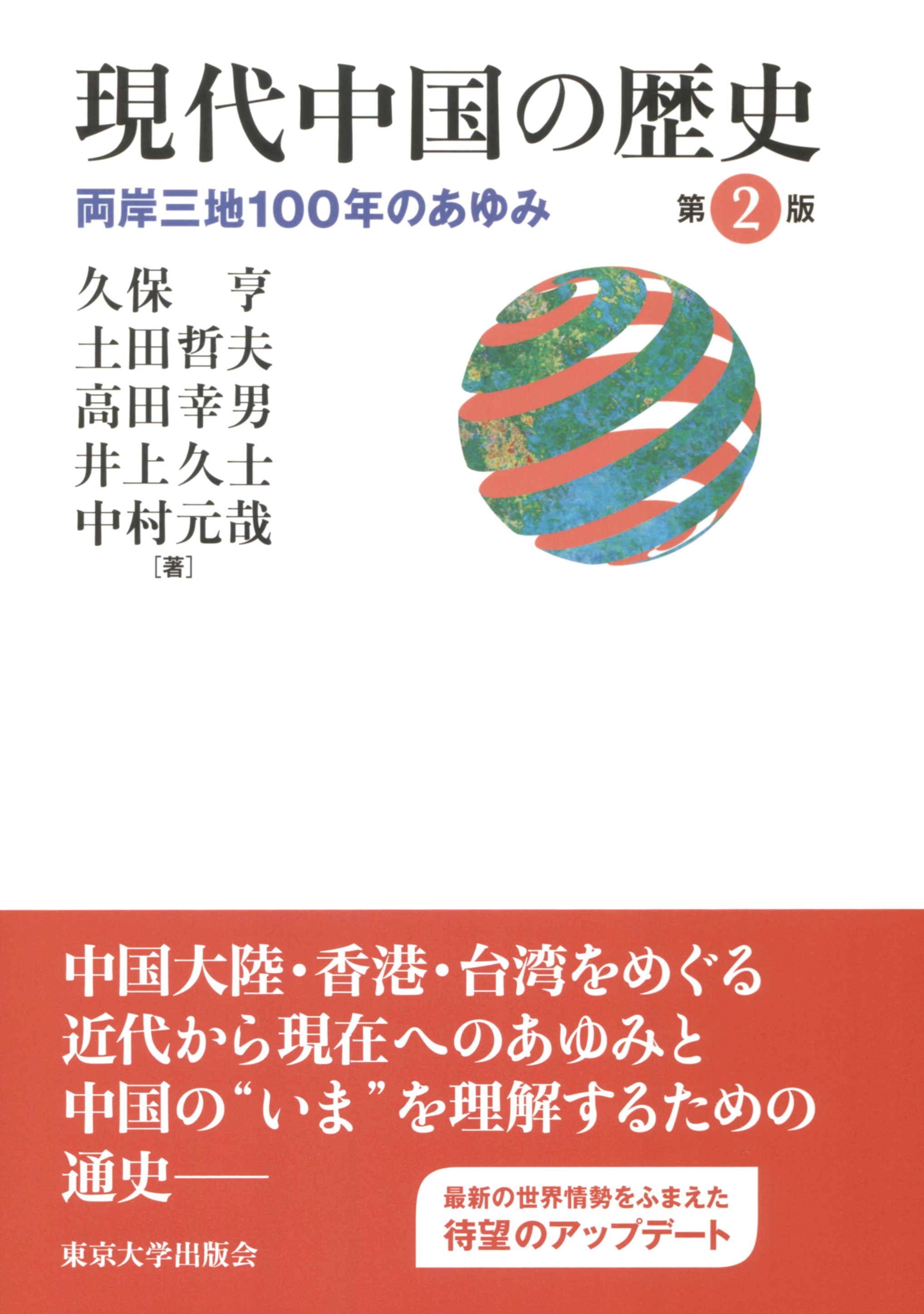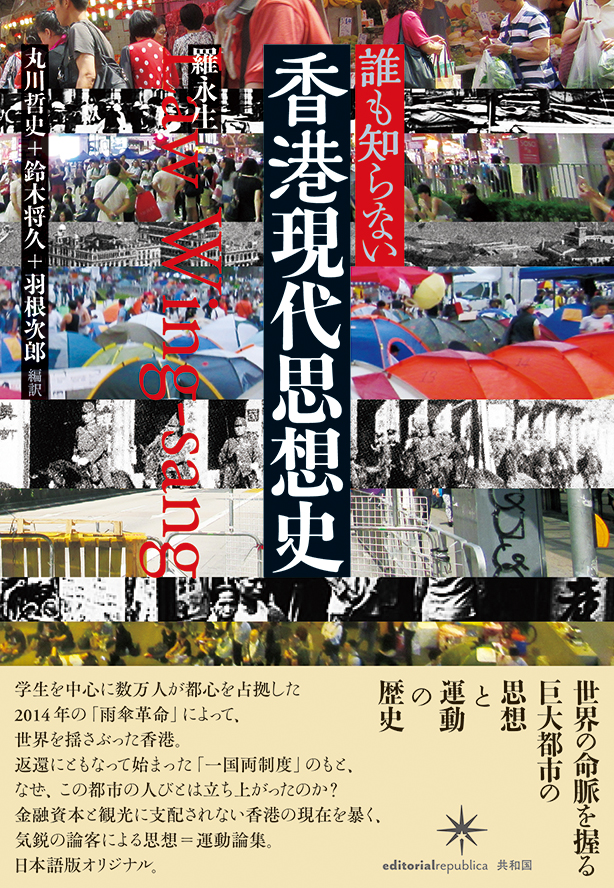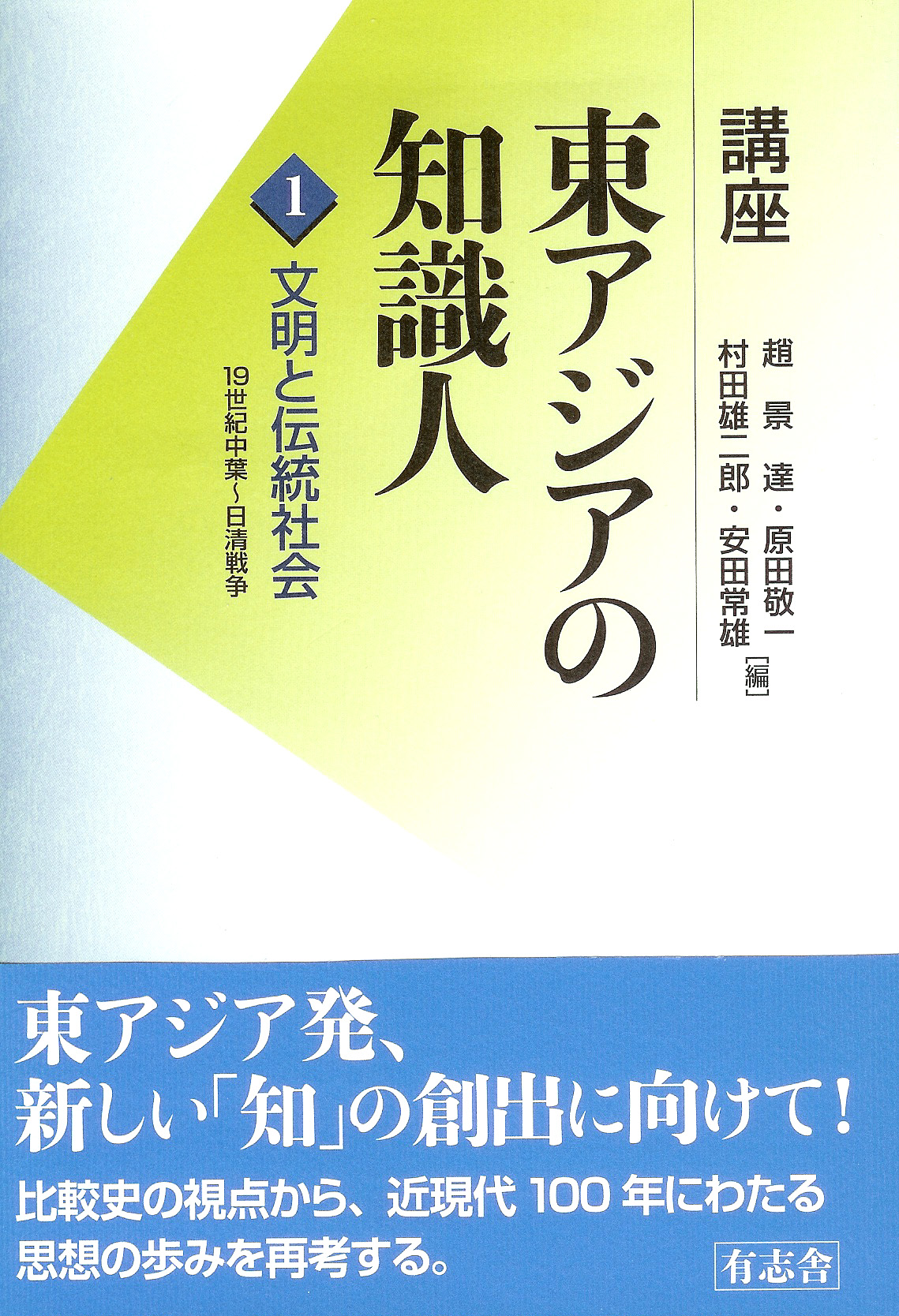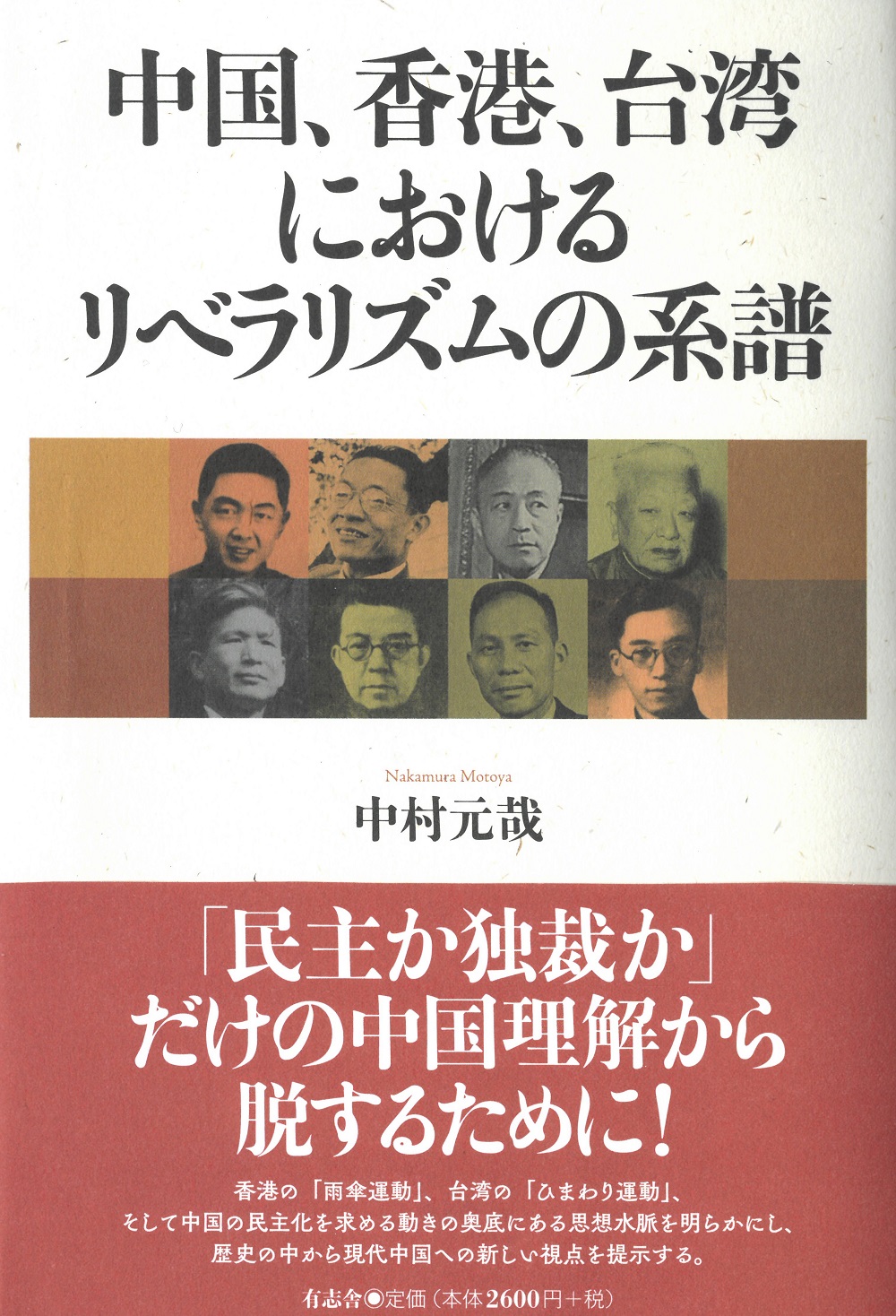
Title
Chugoku, Hong Kong, Taiwan ni okeru Liberalism no Keifu (The Lineage of Liberalism in China, Hong Kong, and Taiwan)
Size
264 pages, hardcover
Language
Japanese
Released
May 25, 2018
ISBN
978-4-908672-22-4
Published by
Yushisha
Book Info
See Book Availability at Library
Japanese Page
During the Republican period in the first half of the twentieth century, there most certainly did exist in China political ideas that can only be described as liberalism. Furthermore, even after the establishment of the People’s Republic of China these ideas survived as an undercurrent and also spread to Hong Kong and Taiwan. This book examines the genesis and tortuous path of liberalism in Greater China in relation to the political situation in each region. The focus of my analysis is intellectuals who were active in the mid-twentieth century, such as Chu Anping, Qian Duansheng, Zhang Junmai, Zhang Zhiben, Yin Haiguang, Lei Zhen, and Gu Zhun, and political journals that attracted attention around the same time, such as The Observer (Guancha), Freedom Front Weekly (Ziyou Zhenxian), The Democratic Review (Minzhu Pinglun), and Free China Journal (Ziyou Zhongguo).
Many people may wonder whether liberalism has actually ever existed in Greater China since modern times and, even if it has, what historical meaning it may have. It is true that both politically and socially liberalism would seem to have achieved nothing. In particular, this impression will be all the stronger in the case of modern and contemporary China, since the completion of nationalism and the realization of socialism have been given top priority in the name of revolutionary history.
I, too, have no intention whatsoever of denying revolutionary history. In view of the fact that in 1949 modern China moved from the Republic of China to the People’s Republic of China, it will continue to be necessary to study the history of the revolution brought about by the Chinese Communist Party. The problem is that in Japan there exists a widespread view that in modern and contemporary China there has existed no history other than the revolutionary history centred on the Chinese Communist Party and that China is a special region unrelated to freedom, human rights, democratic government, or constitutional government.
Modern and contemporary China, too, has in its own way been exploring modernization, and this has included endeavours that have points in common with Japan and the rest of the world. Modern and contemporary China has aspects similar to Japan and the rest of the world. Should it not then be permissible to properly investigate the history of these aspects in Japan, where we enjoy academic freedom? And having redrawn another true picture of modern and contemporary China, why should we not communicate it to Greater China and the rest of the world? This book divides liberalism in Greater China into “universal liberalism,” which has grappled with the issues of freedom and power, and “liberalism as a phenomenon,” which has been influenced by political and cultural circumstances, and while highlighting modern and contemporary China’s commonalities with the rest of world and also its special characteristics, it attempts to relativize Japanese views of China.
(Written by NAKAMURA Motoya, Associate Professor, Graduate School of Arts and Sciences / 2019)



 Find a book
Find a book


